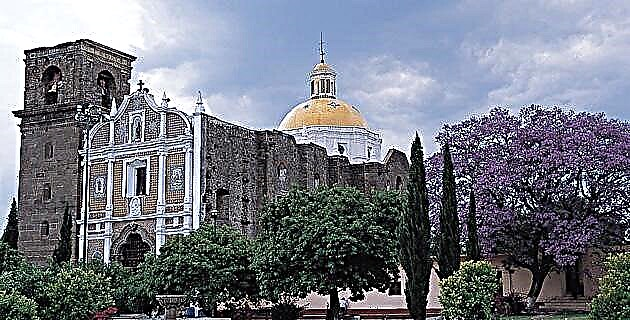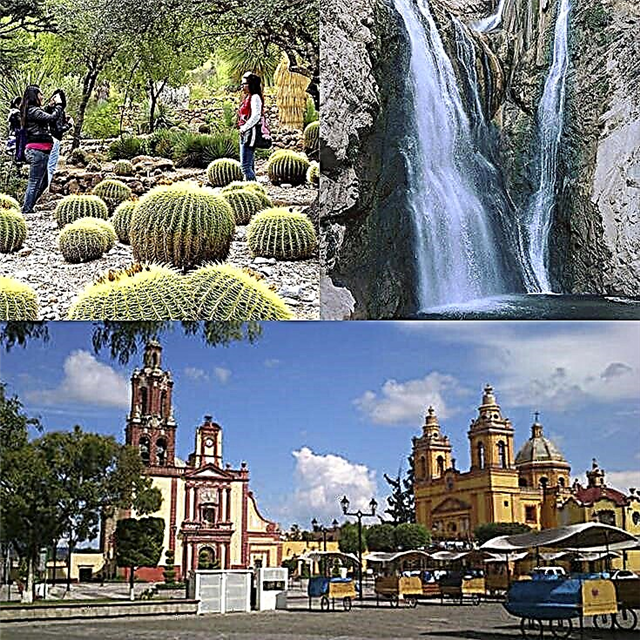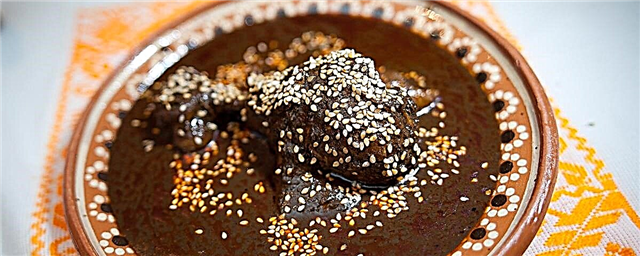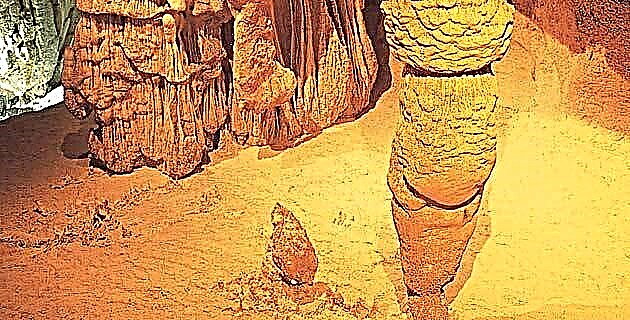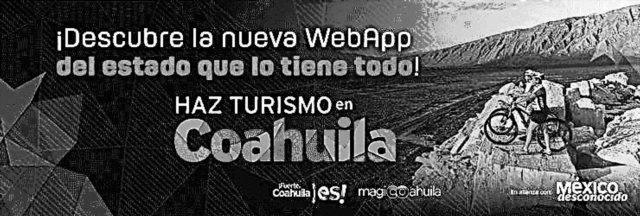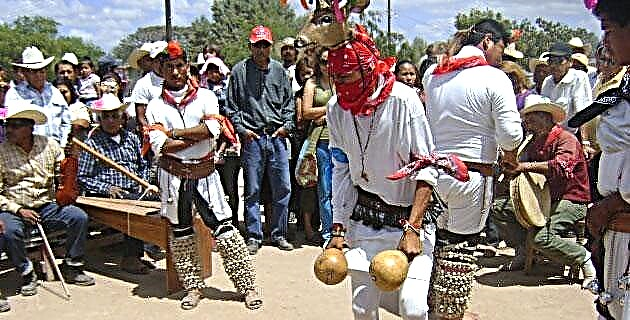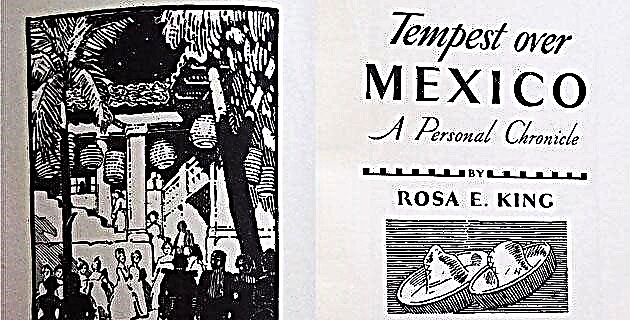
Rosa Elenor King detailed her revolutionary experience through her book Tempestad sobre México, an honest portrait of the country's revolutionary reality.
The British Rosa Eleanor King was born in India in 1865, where her father owned businesses related to the tea trade, and died in Mexico in 1955. Her childhood was spent in her native country, adolescence in England and later lived in the United States, where she met Norman Robson King, who would be her husband.
Around 1905, Rosa E. King lived with her partner in Mexico City, and by then she got to know Cuernavaca. Two years later, already a widow and with two small children, she decided to establish her residence in that city. His first business was a tearoom, an unprecedented turn there, decorated with Mexican folk art, which foreigners liked so much, and he also started selling handicrafts, mainly pottery. At first Rosa bought it in San Antón, today a suburb of Cuernavaca, and later she established her own workshop in that town; He also acquired the Bellavista hotel to renovate it and make it the best in the city, inaugurated in June 1910. Among other famous people, Madero, Huerta, Felipe Ángeles and the Guggenheims stayed there.
FLEEING FROM THE TROOPS
In 1914, Rosa King had to flee Cuernavaca - evacuated before Zapata's forces - in a dramatic journey and persecution, on foot to Chalma, Malinalco and Tenango del Valle. In the midst of the hundreds of deaths that this withdrawal cost, he injured his back, so that the rest of his life he would suffer from precarious health. In 1916 he returned to Morelos to find his hotel destroyed and the furniture disappeared; Either way, he stayed to live forever in Cuernavaca.
Such a nice book entitled Tempest over Mexico and in good faith from a person who lost all his capital in the Revolution is surprising, because circumstances placed her on the side of the federals and made her a victim of the Zapatistas, for whom she has no criticism, but understanding and even sympathy. Some examples are worth:
I could see the poor wretches, with their feet always bare and hard as stones, their backs bent under an excessive load, undue for a horse or a mule, treated as no sensitive people would treat an animal ...
After their imposing appearance, the Zapatista rebels had seemed to me harmless and brave children before anything else, and I saw in this sudden destructive impulse a childish reaction on account of the grievances they had suffered ...
Zapata wanted nothing for himself and for his people, only the land and the freedom to work it in peace. He had seen the pernicious love of money in which the upper classes had been formed ...
Those revolutions that I had to face in order to live were inevitable, the true foundations on which the republic of the present has been built. The powerful nations of the world have been built on the ruins of a legitimate rebellion ...
RESPECT FOR WELDING MACHINES
Our heroic soldaderas were not born with the Revolution, but a century before, in the war of independence. This is how King saw them: The Mexican army did not have a regular supply department; so the soldiers brought their wives to cook and care for them, and they still lavished extraordinary compassion and tenderness on their men. My respects to Mexican women of this class, the kind of woman that others despise, those who live in indolent opulence, with a pride that ignores its own uselessness.
Our author also met other types of revolutionaries: I remember one in particular; a pretty woman; Colonel Carrasco. They said that she commanded her troop of women like a man, or an Amazon, and she herself was in charge of shooting their accounts, according to military use; sanctioning anyone who hesitated or disobeyed in battle.
President Madero reviewed the Zapatista troops and they made a trap that is still not in disuse today. Among the troops, the soldaderas stood out, some with officer ranks. One of them, with a high pink ribbon at its waist and a large bow at the back as a graceful finish, was especially conspicuous. She looked radiant and beautiful on her horse. You clever traitor! He discovered the whole mess, because because of those inches of fiery color, it was soon clear that the troops were only circling a few blocks to appear and reappear before Don Francisco Madero.
THE GOOD TIMES
In those days, King had his workshop in San Antón: The artisans worked with absolute freedom following the designs of their village or copying the exotic and beautiful pieces that I obtained in other parts of the country; I set aside the ones I wanted for myself and paid what they asked of me. I did not care about the price, I doubled it to my foreign clients and they paid it without claiming.
At that happy time he saw this curious feast in the church: All animals, both large and small, roamed around here; Horses dressed in gold and silver premieres, and merry ribbons attached to their manes and tails, cows, donkeys and goats festively adorned and forewarned to receive the benefit of the blessing, as well as domestic birds whose fragile little legs they had decorated with ribbons.



